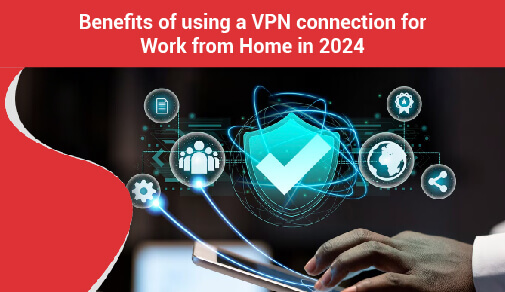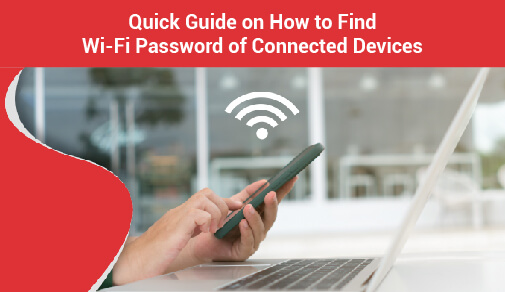What are the Benefits of using a VPN for Remote Work in 2024?
-
0
-
-
4 minutes

In this digital age, remote work has become increasingly popular, with more and more people opting to work from the comfort of their own homes. However, with this shift to remote work comes the need for increased security and privacy. This is where a Virtual Private Network (VPN) comes into play with its security benefits of vpn. Let's discuss the vpn benefits and risks, what is vpn and how it works, how to connect to vpn on laptop in this article.
What is a VPN and how does it work?
A VPN is a secure network that allows you to connect to the internet through an encrypted tunnel. This means that all your online activities are protected from hackers, government surveillance, and other prying eyes. When you connect to a VPN, your IP address is masked, and your internet traffic is rerouted through a secure server, making it virtually impossible for anyone to intercept or monitor your data.
How to connect to a VPN on a laptop?
Read on to find answers to questions like how to connect to vpn on laptop. Using vpn for work from home is a straightforward process. Firstly, you need to choose a reliable VPN service provider. Once you have signed up for a VPN service, you can download and install their software on your laptop. After installing the software, you can launch the VPN application, log in with your credentials, and choose a server location to connect to. Once connected, your internet traffic will be encrypted and secure, allowing you to browse the web anonymously and access restricted content while using vpn for work from home.
Benefits of VPN connection for remote workers
Enhanced Security: The security benefits of VPN is the main reason to adopt VPN services. With a VPN, your data is encrypted, making it nearly impossible for hackers to intercept sensitive information such as login credentials, financial data, and personal communications.
Privacy Protection: By using a VPN, remote workers can ensure their privacy is protected while working online. This is especially important when using public Wi-Fi networks, as these are often targeted by cybercriminals looking to steal sensitive information.
Access to Restricted Content: Many companies place restrictions on the websites and applications that remote workers can access. A VPN allows remote workers to bypass these restrictions and access the content they need to do their jobs effectively.
Improved Network Performance: VPNs can also improve network performance by reducing latency and increasing connection speeds. This is particularly beneficial for remote workers who rely on video conferencing, file sharing, and other bandwidth-intensive applications.
Cost-Effective Solution: Using a VPN for remote work is a cost-effective solution for companies looking to provide their employees with secure access to company resources. Instead of investing in expensive security infrastructure, companies can simply subscribe to a reputable VPN service and protect their employees' data on the go.
How to Pick a VPN
There are many subscription VPN services available, with prices, terms of service, and even location altering. Before you choose the perfect solution for you, compare and contrast a few key aspects.
Paid pays off: A free service must make money in some manner, and if you aren't paying, they may be selling your information to the highest bidder instead.
It's important to get feedback: To avoid native advertising, look for a review of a suitable VPN from a reliable source. In some circumstances, the review you're using as a guide may have been written by the service itself.
Examine the following permissions: The permission agreement that appears during setup is more than simply a formality. Take a close look at the kind of data the service wants to access.
Encryption is available: Encryption scrambles your data so that only authorised parties can read it. Use services like NordVPN, which are known for their high levels of security.Obtain a 'kill switch': If the encrypted connection breaks, choose a VPN that offers a 'kill switch' or auto-shutoff feature. If your VPN leaves you vulnerable to threats, this feature will disable all network communication on your PC.
In conclusion, the benefits of using a VPN for remote work in 2024 are numerous. From enhanced security and privacy protection to improved network performance and cost-effective solutions, a VPN is a must-have tool for any remote worker looking to stay safe and productive online. So, why wait? Invest in a reliable VPN service today and experience the peace of mind that comes with secure remote work.







